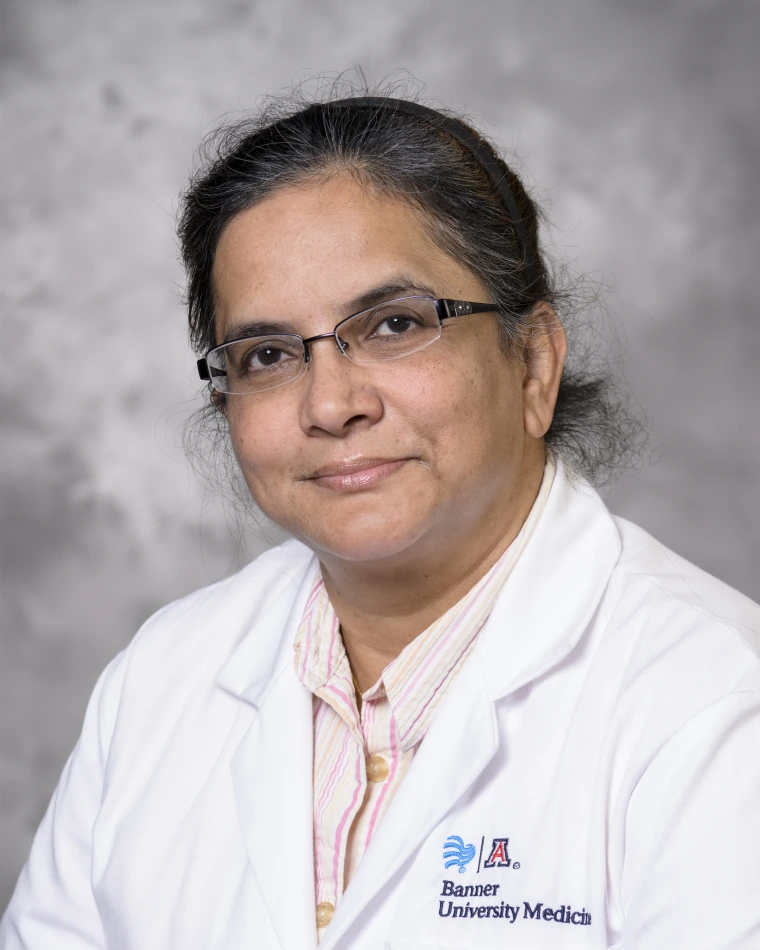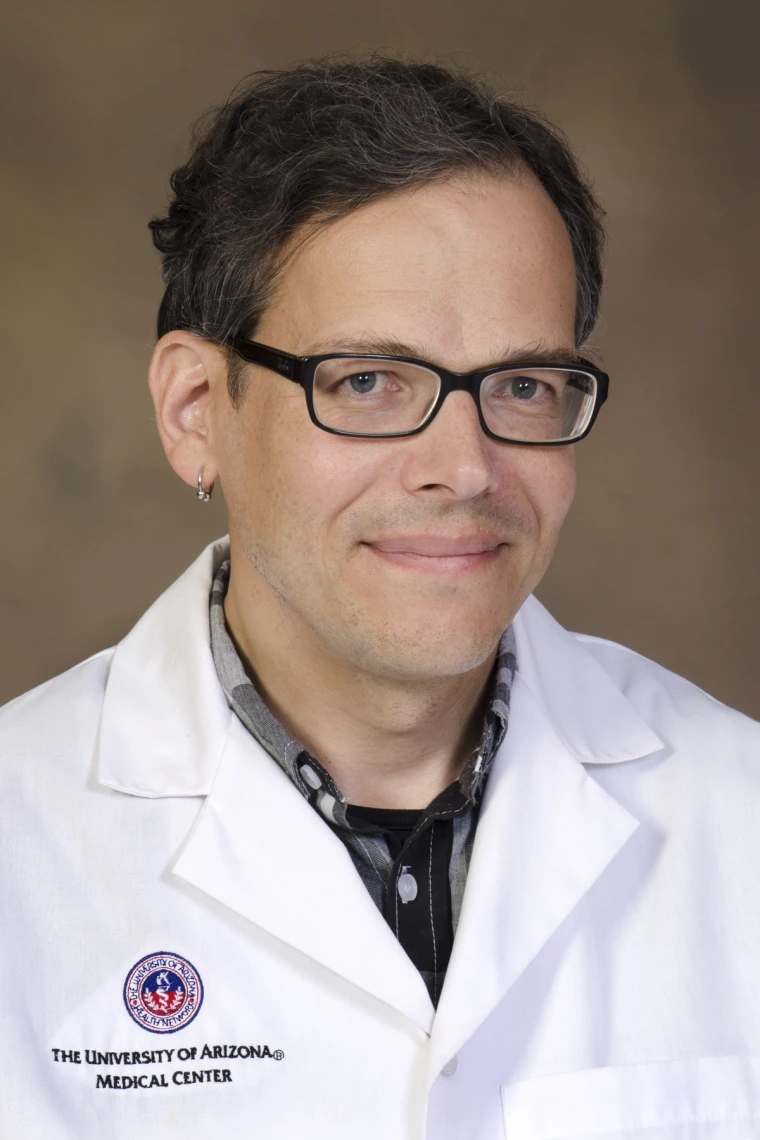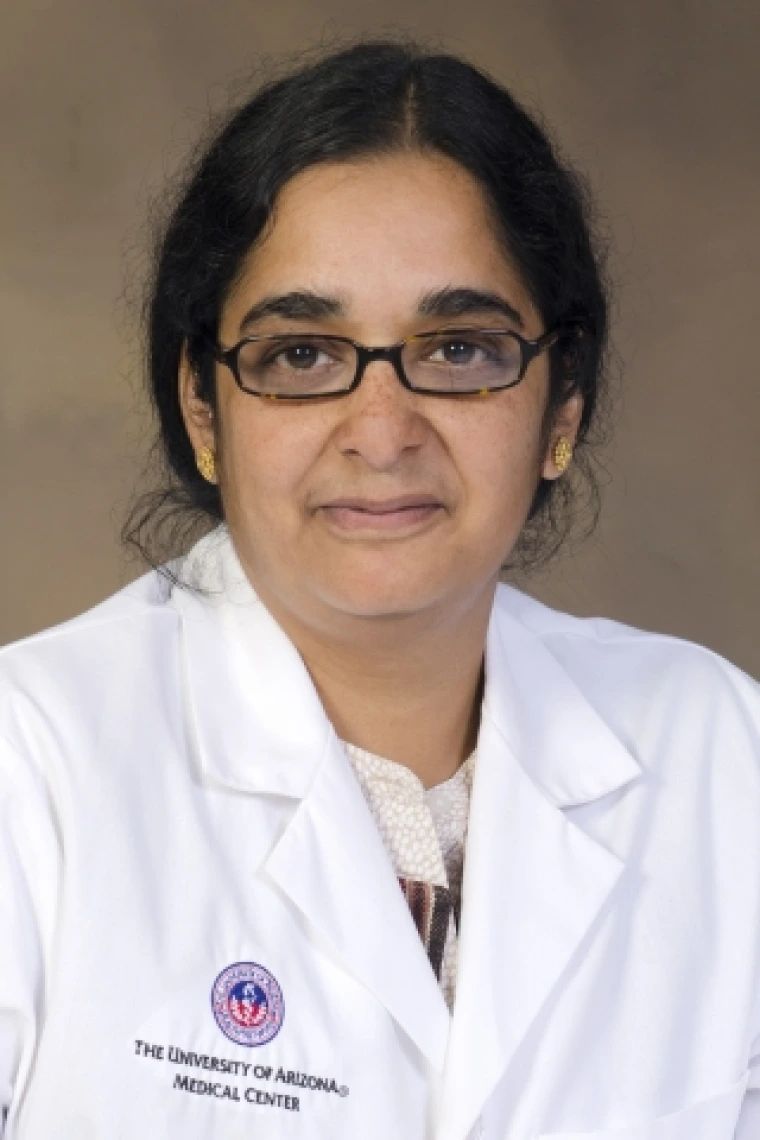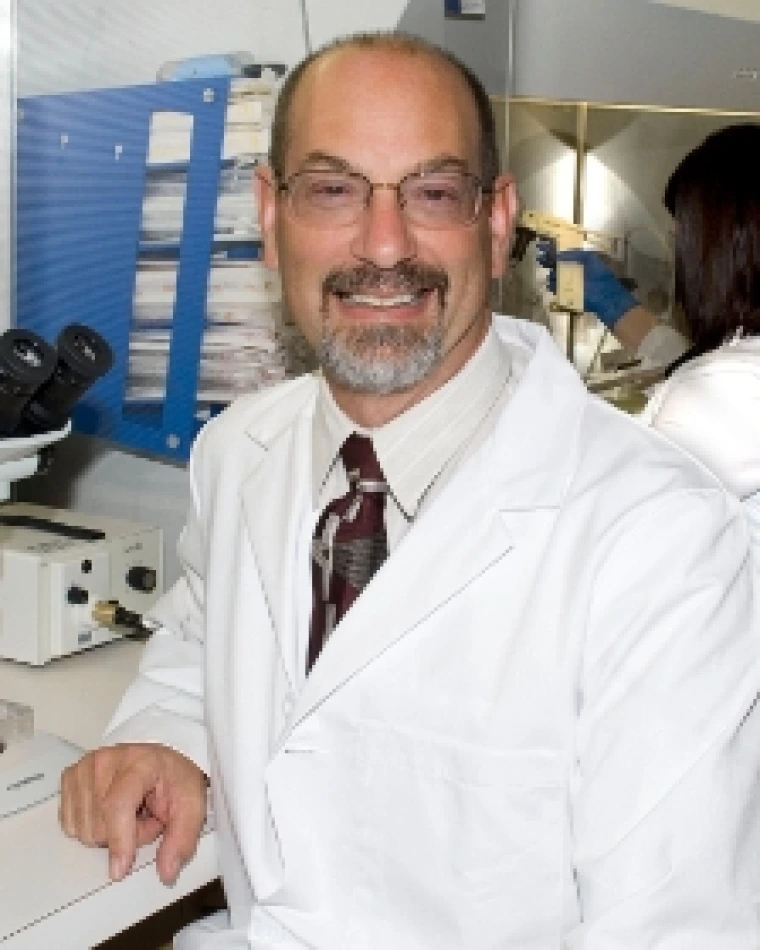Neurology
Movement Disorders
We strive to understand disease mechanisms, develop novel therapies and enhance patient outcomes, and train the next generation of neurologists and scientists to become leaders in care and research. Together, we are improving the lives of individuals affected by Parkinson’s disease and related movement disorders.
Research
Our faculty are deeply engaged in cutting-edge translational neuroscience research with a strong focus on developing next-generation therapies for movement disorders. Our investigators are advancing the field through work in cell therapy and regenerative medicine aimed at modifying the course of Parkinson’s disease. We leverage wearable technology and artificial intelligence to improve real-time symptom tracking and patient monitoring. Our faculty lead and participate in a wide range of clinical trials exploring both pharmacologic and device-based interventions, including neuroprotective drug development. This dynamic research environment fosters collaboration between clinicians and scientists to accelerate the translation of discoveries from bench to bedside.
Education
Education is a central pillar of the Division of Movement Disorders, with opportunities available for learners across the spectrum of training. Undergraduate and graduate students are invited to engage in neuroscience research and gain early exposure to clinical neurology through structured shadowing and mentorship. Medical students rotating through our division learn to assess and manage complex movement disorders while participating in case-based learning and community outreach initiatives. Neurology residents and fellows benefit from advanced training in deep brain stimulation, botulinum toxin therapy and clinical trial design. Our trainees also gain experience through interdisciplinary collaboration with neurosurgery, neuropsychology, genetics and rehabilitation medicine, preparing them for careers in academic neurology and subspecialty practice.
Division Chief







